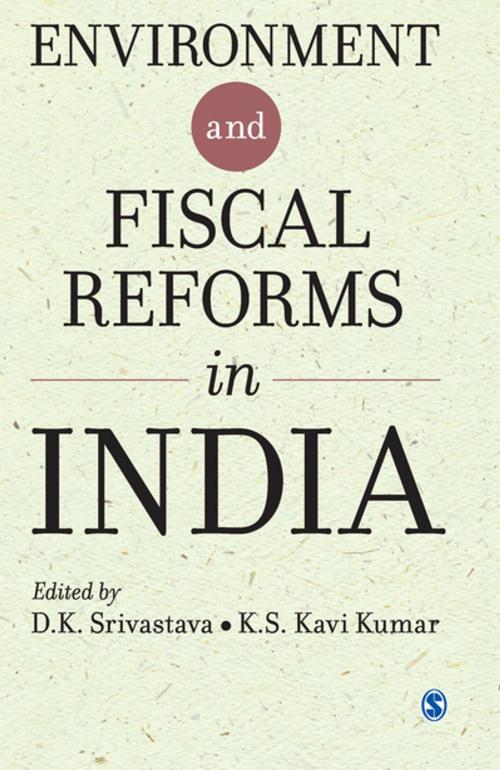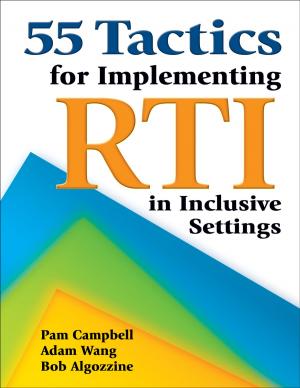| Author: | ISBN: | 9789351504658 | |
| Publisher: | SAGE Publications | Publication: | November 6, 2014 |
| Imprint: | Sage Publications Pvt. Ltd | Language: | English |
| Author: | |
| ISBN: | 9789351504658 |
| Publisher: | SAGE Publications |
| Publication: | November 6, 2014 |
| Imprint: | Sage Publications Pvt. Ltd |
| Language: | English |
India is, at present, embarking upon a major reform of its indirect tax system. This book highlights the importance of an integrated fiscal regime promoting innovations in efficient resource management, taxing polluting inputs and outputs, and spreading awareness about the problems facing the environment and its inter-dependent systems.
The current structure of taxation in India, the book underlines, is characterized by inadequacies such as cascading, multiple tax rates and inter-state sales tax, fragmenting the all-India market. The ongoing fiscal reforms are aimed at ushering a comprehensive goods and services tax (GST) to address these concerns. The book argues in favour of integrating environmental considerations in the GST regime. It emphasizes the importance of eco-taxes on polluting inputs and outputs—at a higher effective rate—taking both the central and the state taxes into account.
The book will be indispensable to students and scholars of public economics, public finance, environmental economics, ecological studies as well as policymakers, policy analysts and the informed general reader.
India is, at present, embarking upon a major reform of its indirect tax system. This book highlights the importance of an integrated fiscal regime promoting innovations in efficient resource management, taxing polluting inputs and outputs, and spreading awareness about the problems facing the environment and its inter-dependent systems.
The current structure of taxation in India, the book underlines, is characterized by inadequacies such as cascading, multiple tax rates and inter-state sales tax, fragmenting the all-India market. The ongoing fiscal reforms are aimed at ushering a comprehensive goods and services tax (GST) to address these concerns. The book argues in favour of integrating environmental considerations in the GST regime. It emphasizes the importance of eco-taxes on polluting inputs and outputs—at a higher effective rate—taking both the central and the state taxes into account.
The book will be indispensable to students and scholars of public economics, public finance, environmental economics, ecological studies as well as policymakers, policy analysts and the informed general reader.















